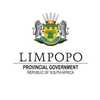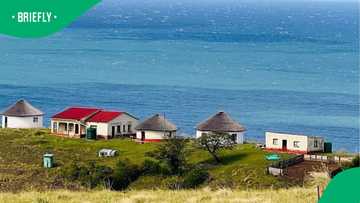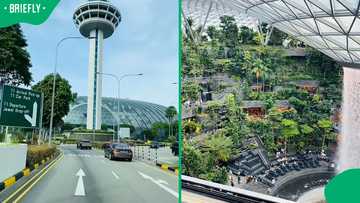
Limpopo
- Population: 6,572,720 (2022 Mid-Year Estimates)
Municipality: Limpopo is divided into five district municipalities:
- Capricorn District Municipality
- Mopani District Municipality
- Sekhukhune District Municipality
- Vhembe District Municipality
- Waterberg District Municipality
These district municipalities are further subdivided into 22 local municipalities.
Area codes
- Varies by region within the province, but some key codes include
- 015 (Polokwane, Tzaneen, Louis Trichardt),
- 014 (Mokopane, Bela-Bela),
- 013 (Groblersdal, also extends into Mpumalanga).
Established: April 27, 1994 (initially as Northern Province, renamed Limpopo in 2002)
GDP: ZAR 417.892 billionin 2022.
History
Limpopo's history is deeply rooted in the ancient past, with archaeological sites indicating human habitation for millennia. The region is home to significant historical and cultural sites, including Mapungubwe, a UNESCO World Heritage Site that was once the capital of a powerful kingdom that traded with the East in the 13th century. European settlement in the area began in the 19th century, with the establishment of towns by Voortrekkers.
During the apartheid era, parts of what is now Limpopo were designated as ""homelands"" for various ethnic groups, such as Lebowa, Venda, and Gazankulu. With the advent of democracy in 1994, these homelands were reintegrated, and the province was formed from the northern part of the former Transvaal Province. In 2002, it was renamed Limpopo, after the Limpopo River that forms its northern border, symbolizing its connection to the wider African continent.
Education
Limpopo has been steadily developing its educational infrastructure. The provincial Department of Education oversees the vast network of primary and secondary schools.
The province is home to several public universities:
- University of Limpopo (UL): Located near Polokwane, offering a wide range of academic programs and known for its health sciences faculty.
- University of Venda (UNIVEN): Situated in Thohoyandou, with a focus on rural development and environmental sciences.
- Tshwane University of Technology (TUT): While its main campuses are in Gauteng, it has a campus in Polokwane.
- Various TVET (Technical and Vocational Education and Training) colleges also operate across the province, providing vocational skills and training.
Law and Government
The Limpopo Provincial Government is based in Polokwane, the provincial capital.
The Limpopo Provincial Legislature is the legislative body, responsible for making provincial laws and overseeing the executive.
The Premier is the head of the provincial government, leading the Executive Council (provincial cabinet).
The province is governed by the framework of the South African Constitution. While there isn't a High Court division solely for Limpopo, the Limpopo Division of the High Court of South Africa (part of the larger national judiciary) has its main seat in Polokwane and local seats in Thohoyandou and Mokopane, handling various legal matters within the province.
The five district municipalities and their constituent local municipalities are responsible for delivering local government services to communities throughout Limpopo.















